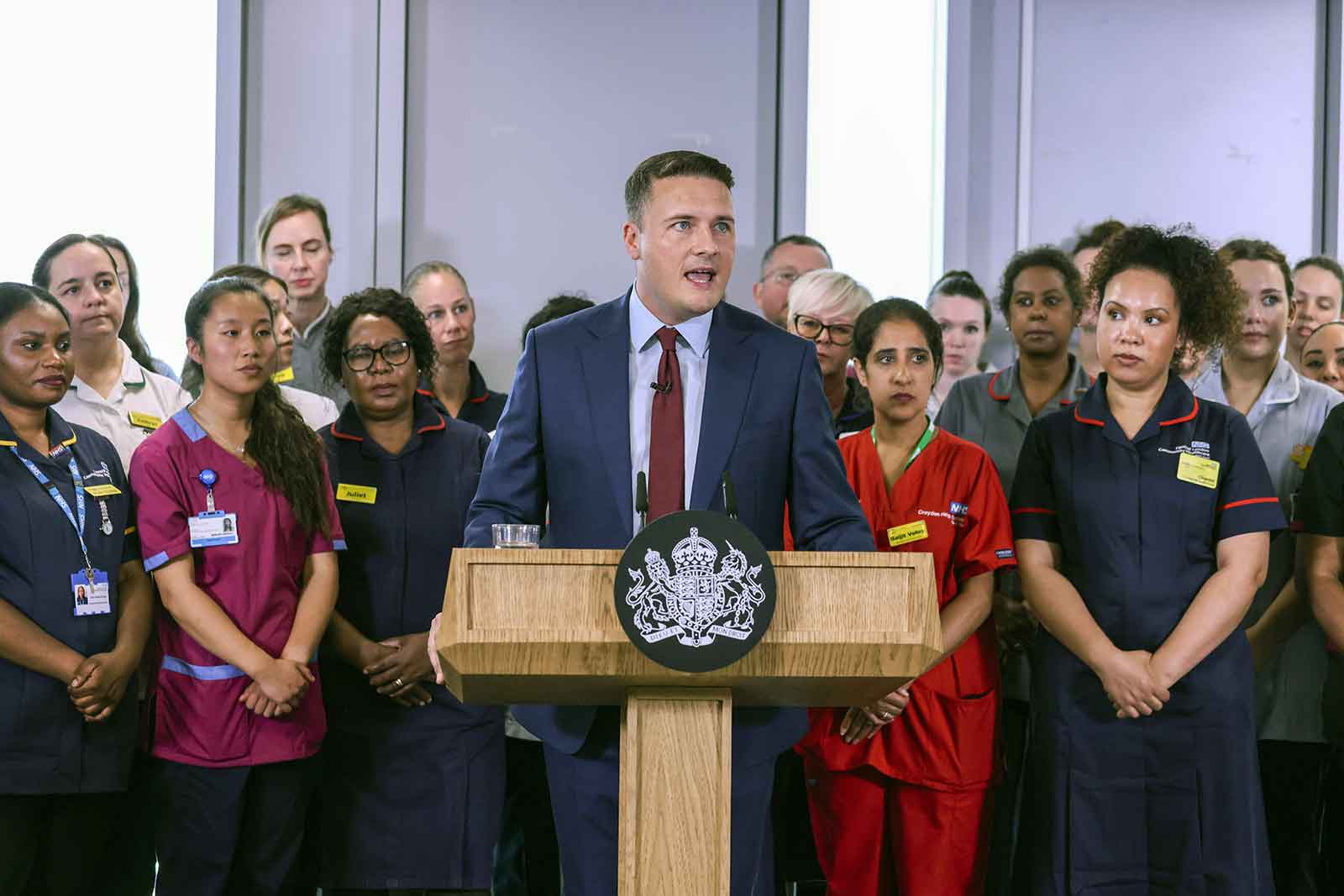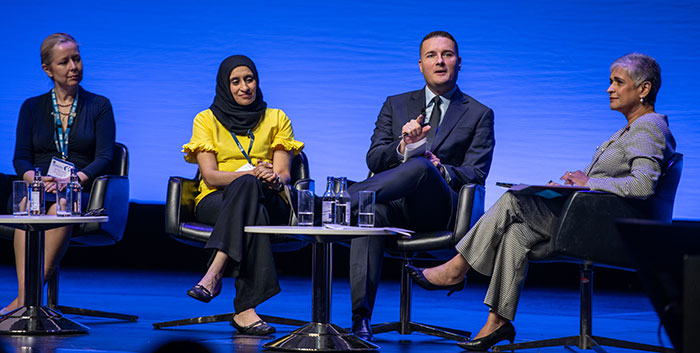
The highly anticipated 10-year Health Plan launched in July after months of rumour and speculation. The Plan sets out the government’s vision for the NHS in England over the next decade, laying out ambitions to shift more care from hospitals into the community, move from an analogue to digital health service, and shift focus from sickness to prevention.

The College welcomed the aspirations of the 10YHP, but noted they had to be fully resourced. RCGP Chair, Prof Kamila Hawthorne explained: “it’s what is best for the NHS and, most importantly, for patients who we know want accessible care close to home – but a shift in care to the community will need to be followed by sufficient resources and numbers of GPs to make this a reality, something we have not seen happen previously.”
Key to this first shift is the introduction of neighbourhood health services, pilots of which are now underway across the country.
The government’s ambition is to bring historically hospital-based services such as post-operative care and rehab into the community – with GP-led neighbourhood teams taking on the care of more complex patients. It also plans to introduce services such as debt and housing advice, employment support, and stop smoking or weight management into more traditional NHS community services to make them more easily accessible to patients.
Kamila understands that some GPs are uncertain given the lack of detail at this stage, that some will likely be concerned about the impact on the GP partnership model , and others that there will not be the resources, workforce or infrastructure needed to deliver new neighbourhood services safely and effectively – but the College is cautiously optimistic. "If implemented properly and in collaboration with GPs, neighbourhood health services will have the potential to work for patients, delivering a wider variety of more personalised services, in the community," she says.
“Many GP practices across the country will already be working in ways similar to what is being described alongside local community services. What will be key is that GPs are involved in decisions about the delivery of these plans, and this is something we'll be keeping a close eye on as plans are rolled out.”
Kamila is clear that neighbourhood health services will only be successful if they work closely with existing GP partnership-based practices that are already offering patients universal access to primary healthcare. She hoped this could potentially relieve some of the pressure on GP partnership services, while offering an enhanced service for more complex patients.
On the greater focus on technology in the 10YHP - including increased reliance on the NHS App and AI - Kamila notes: “There's clearly potential for patients - and GP teams - to benefit significantly from greater use of technology, including new technologies that have the potential to transform care. What's important is that any initiative to improve access using AI must be evidence-based and evaluated before being widely rolled out - and we need to be particularly cautious about alienating less tech-savvy patients and inadvertently widening health inequalities.

"It also can’t be escaped that current NHS IT infrastructure is in urgent need of improvement, and major AI developments still feel a long way off when many GPs are reporting that their basic IT systems are slow, inefficient and can’t communicate with one another effectively.”
The College has called for additional ringfenced funding of at least £2 billion to address the substantial shortcomings in both physical and digital infrastructure in primary care.
"Ultimately, the 10YHP will be judged not on the vision behind it but on the improvement it delivers for patients. There is a lot in there that's promising but it lacks detail and contains significant potential challenges; it will need investment and the workforce to deliver it to be successful."
The 10YHP is to be followed by what is now being called the 10-Year Workforce Plan - a revised version of the Long-Term Workforce Plan, which Health Secretary Wes Streeting agreed to review following lobbying by the College, and nearly 10,000 of its members, given its lack of focus on GP retention. "We hope much of the detail around ensuring we get the workforce we need to deliver the 10YHP will be addressed in the workforce plan," explains Kamila, "but the 10YHP itself does commit to 'thousands more GPs' which is encouraging.
“The previous workforce plan was not fit for purpose, so we welcomed to the government’s commitment to revise it. Given how ambitious the 10YHP is, it is more important than ever that we have the workforce we need to deliver change."
Thank you for your feedback. Your response will help improve this page.
